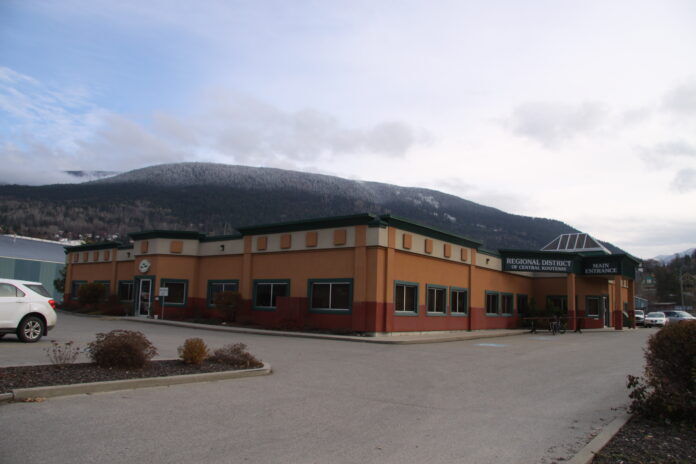Community Futures Central Kootenay wants the Regional District of Central Kootenay (RDCK) to help sustain a new immigration pilot program that it says is helping ease the region’s labour shortage.
Representatives Andrea Wilkey and Rebecca Richards appeared before the RDCK board at its October meeting to provide an update on the Rural Community Immigration Pilot (RCIP).
The program is the successor to the Rural and Northern Immigration Pilot (RNIP), which ran from 2019 to 2024 to help fill jobs throughout the region.
That pilot helped fill 700 jobs across the West Kootenay, 75 per cent of which were located in Central Kootenay.
Of those, Wilkey said 90 per cent of participants still live in the region and 80 per cent remain with the same employer.
“We had some really good, strong results from the Rural and Northern Immigration Pilot,” said Wilkey.
The new RCIP launched in June 2025 and covers all of the RDCK and most of the Kootenay Boundary, excluding Beaverdell and Big White.
Richards said it is currently the only community-led immigration pathway in Canada and that local demand is already outpacing the previous program.
“This is because Canada has drastically reduced the number of immigration pathways for permanent residency across the country, so there’s considerable desperation on the part of immigrants to achieve their permanent residency,” explained Richards.
“Employers are relying heavily on this pilot in order to retain their workforce in our communities.”
About 150 employers are currently designated to participate in the RCIP program, with another 100 waiting to be processed for designation.
Wilkey said in the first six weeks after the RCIP launch, the program received 271 applications – roughly equivalent to a year’s worth under the previous pilot.
The application portal has since been closed after reaching the 200-recommendation cap set by the federal government.
High demand, low funding
Although employer and applicant interest in the program is high, funding has not kept pace.
Community Futures holds the federal contract to deliver the program locally but receives no direct funding from Ottawa for its implementation.
“We secured close to $700,000 over the four-year duration of that pilot. None of that came from local government,” said Wilkey.
“Our funders then included the Province of B.C. through the Labour Market Partnership Fund, but unfortunately, the funding in that pot is much tighter than it used to be, so it’s kind of dried up.”
The operating budget for the pilot is roughly $100,000 for 2025 – less than half of the $225,000 annual operating budget under the RNIP.
Staffing has also dropped from 1.5 full-time positions to 0.75, even though applications have tripled.
“Employer designation is now taking, I would say, two months,” said Richards.
“It’s a very simple process, but because staff time is divided between community recommendation applications and employer designation, employers are waiting for a substantial period to have their applications processed – about three to four months.”
The group asked the RDCK to consider contributing $40,000 to the pilot in its 2026 budget. A similar request will also be made to the Regional District of Kootenay Boundary.
“That would enable us to increase our staff capacity to process more applications,” said Wilkey.
Priority sectors
The RCIP targets five key sectors: health care, education and community services, sales and service, trades and transport, and manufacturing and utilities.
Eligable applicants must work in one of 19 occupations to qualify for the program.
Wilkey said most current candidates are already local, noting that every international candidate so far has been rejected.
“We’ve seen six overseas applicants, and every single one of them so far has been rejected because the committee was not convinced that they had a strong intent to reside here.
“And we have so much demand from people who are already here, already settled and already working with businesses.”
Community Futures plans to adjust priority sectors in 2026 after this year’s applications are processed. It will also continue to seek new funders and advocate for federal and provincial support.
The board will decide whether to support the initiative in 2026 at a future meeting.
Want to get your business noticed? Have you considered advertising through your local radio station? Speak to one of our sales agents and find out how radio advertising can boost your business today. Call 250-365-7600 or email Vista Radio.





